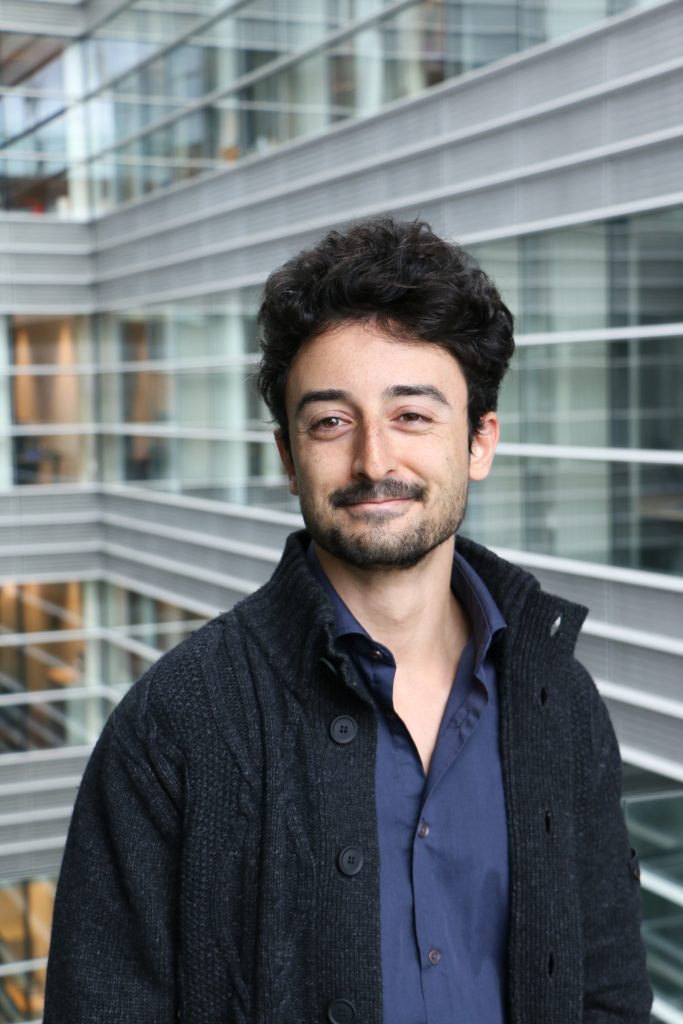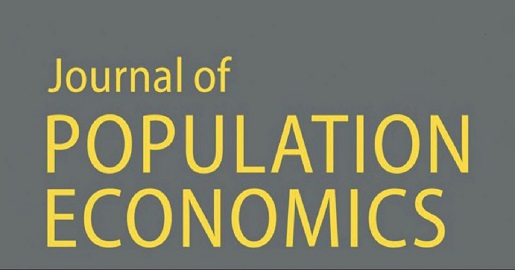Claudio Costanzo (European Commission’s Joint Research Centre & ECARES) receives the 2026 Kuznets Prize for his FREE READ (https://rdcu.be/eKaC4) article Robots, jobs, and optimal fertility timing, which was published in the Journal of Population Economics (2025), 38, article 51. The annual prize honors the best article published in the Journal of Population Economics in the previous year.
The prize will be awarded in-person in a public online event during the hybrid Global GLO-JOPE Conference 2025, December 3-5, in Bonn, Germany, on December 4, 2025 at 4:30-5:30 pm CET Bonn time. The event will be online accessible from around the world.
CALL FOR PAPERS (Deadline: November 5, 2025) for online and in-person presentations at the conference see LINK.
More information about the Kuznets Prize & previous prize winners.

Biographical Abstract
Claudio Costanzo is a researcher at the European Commission’s Joint Research Centre (JRC) and a PhD candidate at ECARES (ULB). His research spans labor and demographic economics, and behavioral/applied microeconomics, with a focus on how technological change shapes population dynamics, household decision-making, and labour market outcomes. His work aims to connect micro-level evidence with quantitative models to inform policy design and evaluation.
Paper Abstract
The paper examines how industrial robots influence the timing of childbirth in Europe. Higher exposure to robots is associated with earlier fertility in low- and high-skilled regional labor markets and with a delay in medium-skilled ones. The underlying mechanisms are rationalized through a model of fertility, parameterized with data on individuals’ expectations about the displacement and creation of jobs due to automation. Variations in the simulated timing of childbirth are associated with corresponding changes in childlessness rates. The results establish a link between the Routine-Biased Technological Change hypothesis and demographic behavior.
Ends;

